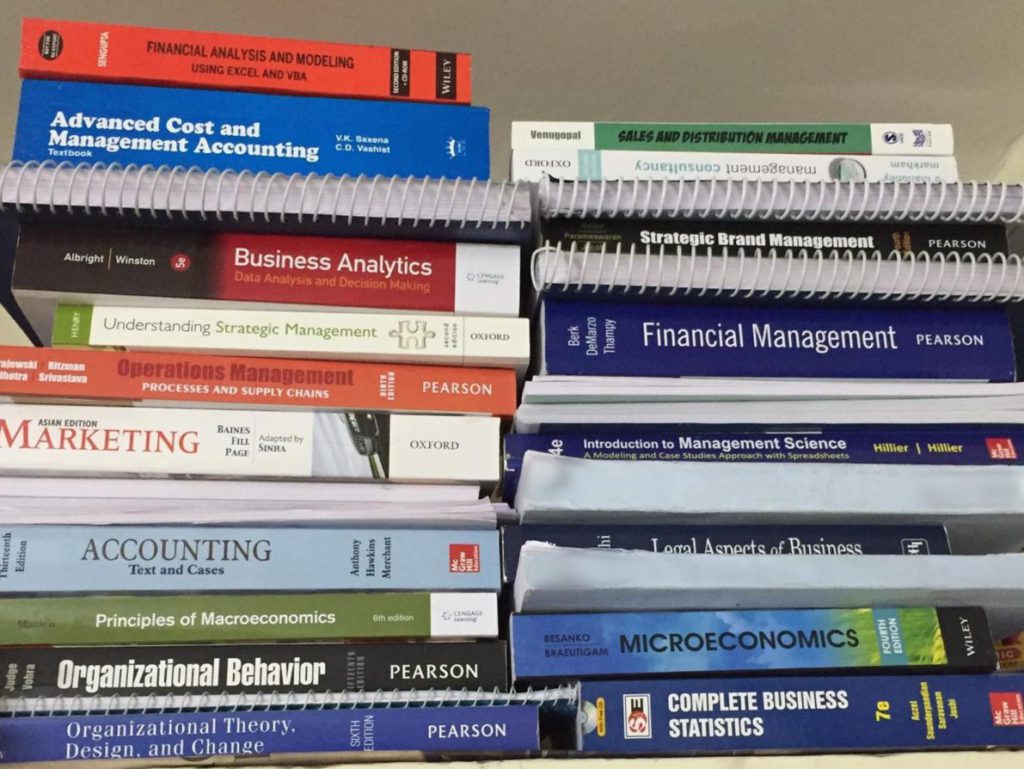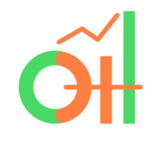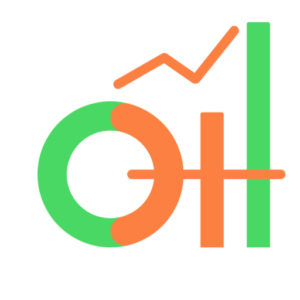Strategy
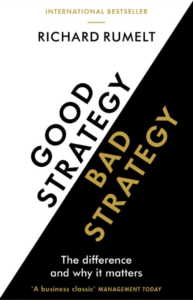
The book gives us detailed accounts with real examples on what constitutes good strategy and what is bad strategy. Like
“Like a quarterback whose only advice to teammates is “Let’s win,” bad strategy covers up its failure to guide by embracing the language of broad goals, ambition, vision, and values.”
A good strategy has an essential logical structure that Mr Rumelt calls the kernel. The kernel of a strategy contains three elements: a diagnosis, a guiding policy, and coherent action. Details about how to apply the kernel are then explained in the book. Read full review here Book Review: Good Strategy Bad Strategy
HR
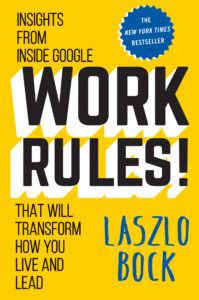
“We spend more time working than doing anything else in life. It’s not right that the experience of work should be so demotivating and dehumanizing.” says Laszlo Bock, former head of People Operations at Google. Combine it with Eric Schmidt’s book “How Google Works”, ( Book Review) and you have a back stage pass into thinking of people who ran google.
Work Rules! talks about HR practices at Google and also interviewing process and an employee review process in detail, which all employees have to go through in some part of their careers. Work Rules! is about techniques that worked or that didn’t work at Google. This is more relevant to people working in tech companies, but can be used by traditional HR to try new things.
Marketing

David Rogers, faculty at Columbia Business School, builds his book around the behaviours and needs of customer networks. This book is about new Marketing. It talks about dynamics of customer networks and social communication technologies. There are well over 100 case studies spread throughout the book and each case study specifically illustrates the strategy David Rogers is describing. The five strategies that author talks about are Access, Engage, Customise, Connect and Collaborate. The book is a road map, a template on how to tap the power of customer networks. It can be complemented with author’s another book The Digital Transformation Playbook
Digital Platforms
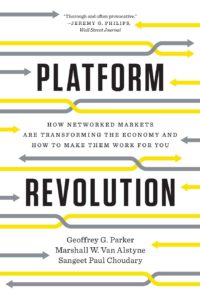
If you are an engineer, you are more likely to connect with this book written by Geoffrey Parker who is a professor of engineering at Dartmouth College with 2 other authors. Conventional businesses or ‘pipeline businesses’ as they are called in the book have to compete with platform businesses. If you are in such pipeline business, you have to read this book. Platforms like Amazon, and Facebook have many strong points, most important being the network effects. This book is not as visual as the David Rogers book, but gets the point across. As I said earlier, this book is for engineers with business degrees, who have to compete with or work in a platform business. Can be read with Leading Digital to get a more sense of Digital Business.
Finance
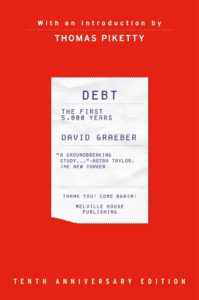
Before there was money, there was debt. In this book anthropologist David Graeber investigates economic concept with mix of history, sociology and anthropology. This book is a history of debt, credit, and the development of markets and money and the reasons behind it – war, slavery, taxes, tribute, government bureaucracy, etc. This book is for you, if you are looking for answers to economic problems, and not mathematical models. The focus is perception of the meaning of debt over history. One of the quote from the book
What is the difference between a gangster pulling out a gun and demanding you give him a thousand dollars of “protection money,” and that same gangster pulling out a gun and demanding you provide him with a thousand-dollar “loan”? In most ways, obviously, there is no difference. But in certain ways there is As in the case of the U.S. debt to Korea or Japan, were the balance of power at any point to shift, were America to lose its military supremacy, were the gangster to lose his henchmen, that “loan” might start being treated very differently.
Decision Making
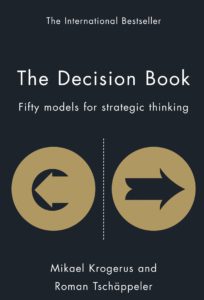
The book gives models on how to improve yourself and how to improve others ( teams ). It also gives models on how to understand yourself and understand others.
“How do I make the right decision? How can I motivate myself or my team? How can I change things? How can I work more efficiently? And on a more personal level: What do my friends reveal about me? Do I live in the here and now? What do I want?”
There are 50 ( 51 or 49 depending on if you consider black swan and Monte Carlo simulation as models ) models in the book. 13 are in how to improve yourself, 17 on how to understand yourself better, 15 on how to understand others better and only 6 on how to improve others. Read full review here Book Review: The Decision Book
Presentations
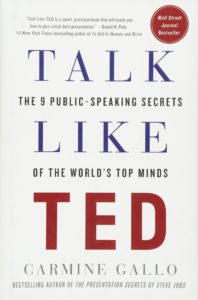
In this book, Carmine Gallo has studied the top TED Talks and interviewed the most popular TED presenters to uncover the nine secrets of all successful TED presentations. This book would help in all your business presentations and make them engaging and interesting.The secrets are emotion and passion; telling compelling, relevant stories; having a conversation with the audience; teaching something new; inserting show-stopping elements; using situational and personal humor; and, delivering information in short 10-minute segments. If you like TED talks, this book is for you.
Performance Management
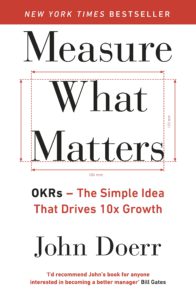
Most companies have some form of performance management, some also have some form of Objective and Key results, but how Intel and Google OKRs are different – Transparency, Accountability and Continuous, if I could sum up in 3 words. It has to come from the very top, founder or the CEO has to believe in these 3 words to make this version of OKRs successful. Most junior staff can look up at everyone’s goals, on up to the CEO. Critiques and corrections are out in public view. Can your company do that ? Read full review here Book Review: Measure What Matters OKR CFR
Decision Making
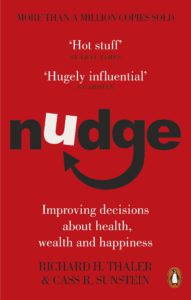
Richard H. Thaler, winner of the 2017 Nobel Prize in Economics writes this book that helps you in better decision-making. By Nudge, it means anything that influences our choices eg. a school cafeteria might try to nudge kids toward good diets by putting the healthiest foods at front.
Another Nobel Laureate in Economics Daniel Kahneman writes about the book
“How often do you read a book that is both important and amusing, both practical and deep? This gem of a book presents the best idea that has come out of behavioral economics. It is a must-read for anyone who wants to see both our minds and our society working better. It will improve your decisions and it will make the world a better place.”
Daniel Kahneman had written the famous book Thinking fast and slow, which gives lot of similar concepts. It is one of those books that packs useful and interesting information in less number of pages, and not go on and on to fill pages. So go ahead and improve your decision making.
Finance
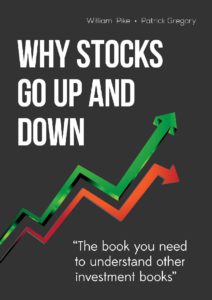
This book is about fundamental analysis of stocks and should be read before other investing books. The book broadly talks about how financial statements are constructed in a company ; Types of funding available to businesses and explains the various types of securities; and the basics of of financial statement analysis, cash flow generation, stock price valuation, stock valuation methods including price/earnings ratio, price/cash flow ratio etc.
This book would help you understand how a business works, and what goes into deciding whether the price of a stock or bond is over/undervalued. So will the stock go up or go down, you can decide on your own. Book Review: Why Stocks Go Up and Down
World Around Us

A professor of geography at UCLA and noted polymath, Jared Diamond, who thinks deeply about social issues writes this book Guns, Germs, and Steel and shows how history and biology can enrich one another to produce a deeper understanding of the human condition. This book was named one of TIME’s best non-fiction books of all time. The questions, author asks are
“Why did wealth and power [among nations] become distributed as they now are, rather than in some other way?” “Why did human development proceed at such different rates on different continents?” “Why were Europeans, rather than Africans or Native Americans, the ones to end up with guns, the nastiest germs, and steel?”
If you are looking for answers to these questions, this is the best book you can find.
Leadership
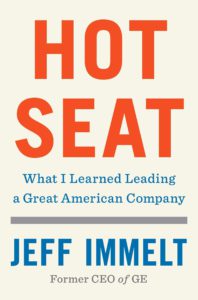
The book has number of such valuable things that the author says about leadership, decision making or handling crisis. Especially during the COVID-19 crisis, these learnings can be beneficial to current leaders. Sometimes Jack Welch is mentioned and what Jeff Immelt learned from him, for example, how leaders communicate within their companies and with external stakeholders.
The book is neatly divided into 12 parts or lessons – Leaders show up, Leaders learn every day, Leaders invest in growth and so on. One of the most criticised part of Jeff Immelt’s tenure was Alstom acquisition and his views on what happened are mentioned towards the end of the book. Read full review here Book Review: Hot Seat
Economics
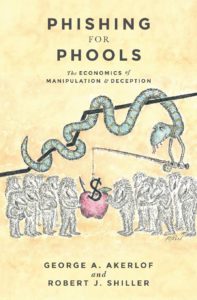
In Phishing for Phools, Nobel Prize winning economists George Akerlof and Robert Shiller say that markets are not always creating the greater good, markets are inherently filled with tricks and traps and will “phish” us as “phools.” They show that unregulated free markets systematically make people worse off by providing the unscrupulous with opportunities to take advantage of the unwary. Examples are drawn from the tobacco, liquor, political as well as the financial industries. The book is about getting people to do things that are in the interest of the phisherman, but not in the interest of the target. It is about angling, about dropping an artificial lure into the water and sitting and waiting as wary fish swim by, make an error, and get caught.
You can also look up Robert Shiller’s videos on finance on Yale University website. He is an amazing teacher as well. That’s how I came to know about him many years ago when I was looking for causes of the crash of 2008.
This book can be complimented with Freakonomics
Networking
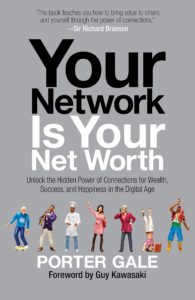
Porter Gale giving example of her own rise from an ad agency intern to an in-demand consultant, also shares the inspiring stories of so many others who have found success due to networking model talked about in this book. The main point in this book is “give, give, get” , in which relationships are not about transaction but upon heaping generosity on others. This book is a unique blend of business and personal development and can be very useful for technical and scientific people in improving their network and communication.
For Book Reviews, visit Book Reviews

